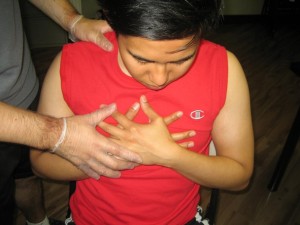Chagas disease of the heart is a form of heart failure. The condition is caused by an infection by the Trypanosoma cruzi parasite. An individual can acquire the disease after being bit by the triatomine bug. These bugs are prevalent in rural regions especially in dwellings made of mud, adobe, hatch or straw. Generally, individuals are bitten by night time while asleep.
After an infection develops, Chagas disease typically manifests as an initial acute phase that is followed by a chronic stage. It is important to note that heart issues can arise with either phase but prevalent in the chronic stage.

Close look on Chagas heart disease
It is important to note that Chagas disease of the heart is a variant of dilated cardiomyopathy. Once any clinical manifestations arise, they are hard to distinguish from other forms of serious heart failure.
An individual with the disease often have these symptoms:
- Shortness of breath during exertion
- Edema
- Excessive fatigue
An individual with the disease are susceptible to cardiac arrhythmias and might experiences lightheadedness, palpitations and syncope. In addition, sudden death from the heart arrhythmias is an issue of concern for individuals with the disease.
The treatment for Chagas disease involves treatment of the T. cruzi infection, management of the heart failure, treatment of the cardiac arrhythmias and prevention of sudden death.
It is important to note that Chagas heart disease is considered as a serious condition. Nevertheless, just like with any variant of heart failure, the symptoms can be reduced drastically as well as improve the quality of life and rate of survival if aggressive and modern treatment options are utilized.
